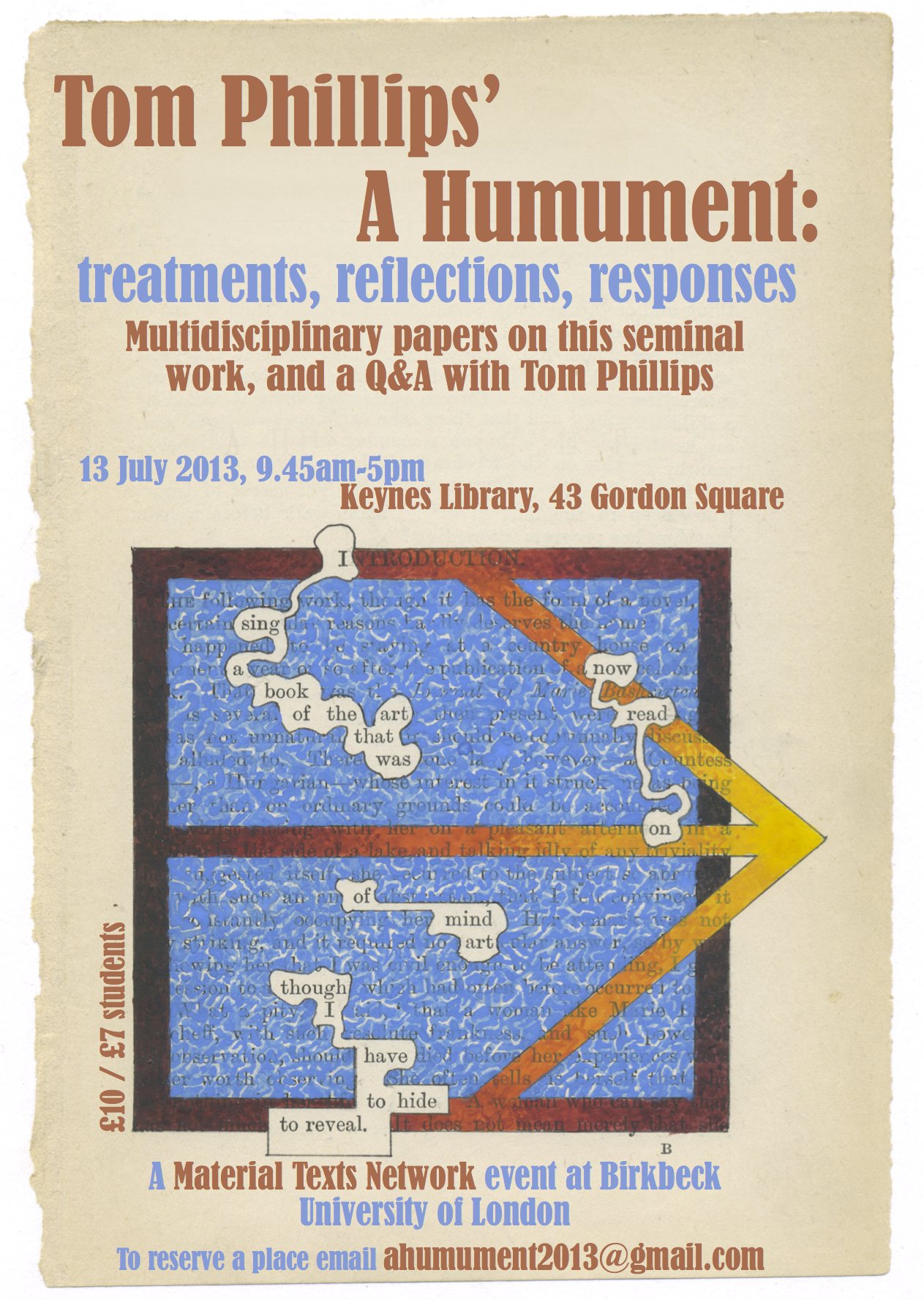Colloquium inaugurating network for the study of Caroline minuscule
March 20th, 2014News; Jason Scott-WarrenUniversity of Cambridge, 23 May
Welcome: Professor Rosamond McKitterick, University of Cambridge
Confirmed speakers: David Ganz, Mary Garrison, Erik Kwakkel, Susan Rankin, Mariken Teeuwen
As publication approaches for the final volume of Bernhard Bischoff’s ‘Katalog der festländischen Handschriften des neunten Jahrhunderts’, early medieval historians and palaeographers must consider the significance of this work as well as the research that it enables on the origins, development, and varieties of Caroline minuscule. In recognition of this landmark publication and in hopes of building upon it, we are co-ordinating a project on the study of Caroline minuscule that aims to add to the great advances of the past generation of scholarship.
Our first major event is a colloquium to be held on 23 May in Cambridge. It will address the current state of research on Caroline minuscule from the late eighth to the tenth centuries and explore questions related to studying the script today, including but not limited to:
-the emergence and development of Caroline minuscule and its varieties
-peculiar features of script or style in certain manuscripts or groups of manuscripts
-comparisons between different codices, regions, scriptoria or scribes
-proposals for new palaeographical tools, methods or terminology
-the means and challenges of dating and localising manuscripts written in Caroline minuscule
-opportunities for the palaeography of Caroline minuscule in the digital age -useful but neglected aspects of Bischoff’s research
Paper proposals should be sent to Anna Dorofeeva (ad529@cam.ac.uk) or Zachary Guiliano (zmg20@cam.ac.uk) as pdfs of c. 500 words, together with a brief CV (one A4 page). The deadline is 31 March but early submission is strongly encouraged. Small bursaries may be available for travel and accommodation expenses, and responses from postgraduates and in languages other than English are especially welcome. For further information, and to join the Network, please visit carolinenetwork.weebly.com.
